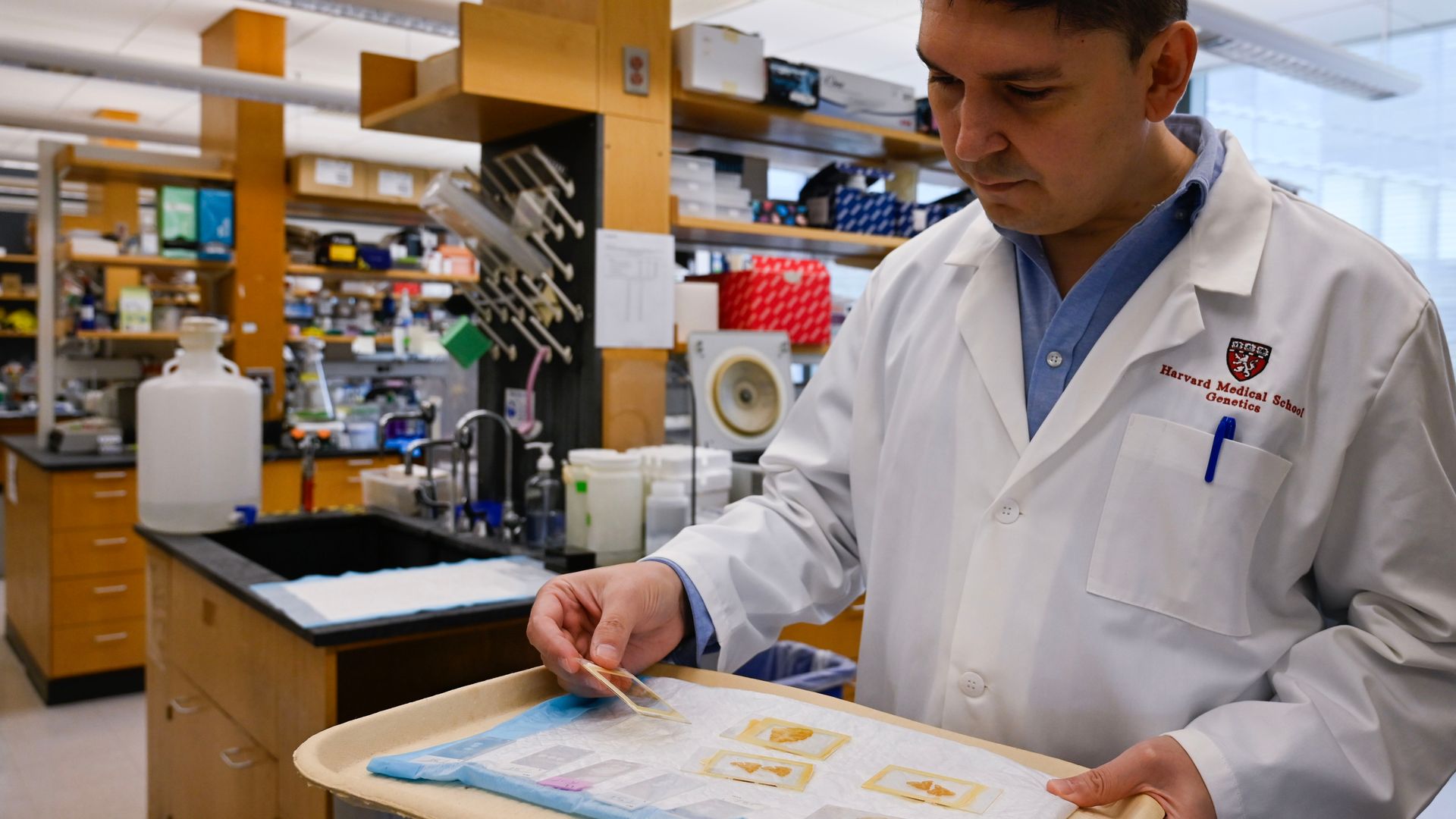Lithium Reverses Alzheimer's, Harvard Study Reveals

Breakthrough in Dementia Research
A groundbreaking discovery by researchers at Harvard Medical School has opened new possibilities in the fight against dementia. The study, published in the journal Nature, suggests that maintaining optimal levels of lithium in the brain may play a critical role in preventing cognitive decline. Researchers found that when lithium concentrations decrease, it can lead to memory loss and the accumulation of harmful proteins in the brain. However, small doses of lithium could potentially restore brain health and reverse these effects.
This research holds immense promise for the global aging population. According to the National Institutes of Health, approximately 55 million people worldwide, including 6 million in the United States, have been diagnosed with Alzheimer’s disease or another form of dementia. The condition is responsible for about 100,000 deaths annually in the U.S., making it a significant public health concern.
Ashley Bush, a neuroscientist at the University of Melbourne in Australia, described the findings as “groundbreaking.” He noted that while recent advancements have led to the first disease-modifying drugs for Alzheimer’s, this approach offers a different strategy. Unlike traditional treatments that target amyloid plaques—protein fragments that accumulate in the brain—this method addresses multiple key aspects of the disease.
Study on Mice Reveals Key Insights
The seven-year study focused on the effects of declining lithium levels in the brains of mice. Lithium is naturally present in human brains, but its concentration can vary. Researchers observed that as lithium levels dropped, mice experienced memory loss and an increase in both amyloid plaques and neurofibrillary tangles. These tangles are made up of the protein tau and can disrupt neuronal function.
To test the impact of lithium, the team administered supplements to the mice. The results showed a significant improvement in memory and overall brain health. However, the researchers caution that translating these findings to humans is still a long process.
Bruce Yankner, who led the study, emphasized the need for further research. As a professor of genetics and neurology at Harvard Medical School, he stressed that while the results are promising, they must be confirmed through additional studies. “I do not recommend that people take lithium at this point because it has not been validated as a treatment in humans,” he said. “We always have to be cautious because things can change as you go from mice to humans.”
Potential Applications Beyond Dementia
Lithium has long been studied for its potential role in neurological disorders. A Danish study found that individuals exposed to lower levels of lithium in their drinking water were more likely to develop dementia compared to those with higher levels. However, intermediate levels of lithium also showed an increased risk, suggesting a complex relationship between lithium exposure and brain health.
Historically, lithium was used to treat bipolar disorder, but its use has declined due to the availability of newer medications. High doses of lithium can cause harm to the kidneys and thyroid, highlighting the importance of careful dosing.
Despite these challenges, the Harvard researchers believe their findings could have broader implications. They suggest that lithium might offer hope for treating other neurological conditions such as Parkinson’s disease. “That needs to be rigorously examined,” Yankner said. “But we’re looking at a whole slew of disorders.”
Looking Ahead
While the road to human application is still uncertain, the study marks a significant step forward in understanding the role of lithium in brain health. Continued research will be essential to determine the safety and efficacy of lithium as a treatment for dementia and other neurological conditions. For now, the findings provide a new direction in the search for effective therapies and offer hope to millions affected by these devastating diseases.
Post a Comment for "Lithium Reverses Alzheimer's, Harvard Study Reveals"
Post a Comment